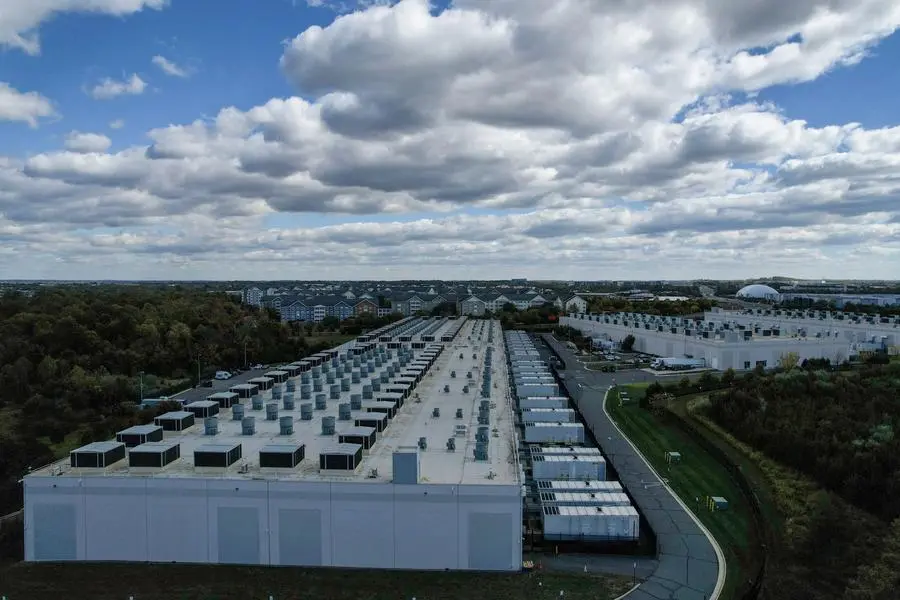Amazon Web Services (AWS), the world’s largest cloud provider, has restored its services after a significant outage originating from its US-EAST-1 data center caused widespread digital disruption. The incident temporarily crippled thousands of popular applications and websites, serving as a stark reminder of the global economy’s deep reliance on a handful of critical cloud infrastructure providers.
The Epicenter Of The Outage
The root cause of the disruption was traced to a subsystem responsible for monitoring the health of network load balancers within AWS’s EC2 internal network. This failure in the northern Virginia data cluster, the oldest and largest for AWS, created a domino effect. Specifically, it impacted the Domain Name System (DNS), which prevented applications from connecting to DynamoDB, a crucial cloud database used for storing user information and other critical data. This is at least the third time in five years that an issue at the US-EAST-1 facility has led to a major internet meltdown, raising questions about the resilience of this core data center.
Global Ripple Effect
The outage had a significant global impact, knocking workers offline from London to Tokyo and affecting a wide range of services. Popular applications such as Snapchat, Reddit, Roblox, and Zoom experienced disruptions, while financial services like Venmo and cryptocurrency exchange Coinbase were also hit. The problem extended to gaming platforms like Fortnite, e-commerce sites including Amazon’s own shopping platform, and even UK government services. According to outage tracker Downdetector, which is owned by Ookla, over four million users reported issues related to the incident, highlighting the vast and interconnected web of businesses that depend on AWS infrastructure.
A Wake-Up Call For MENA’s Tech Ecosystem
While the outage was centered in the US, its effects underscore a critical vulnerability for the rapidly growing MENA tech ecosystem. The vast majority of startups and enterprises in the region, from fintech innovators in Dubai to e-commerce platforms in Riyadh, are built upon the infrastructure of global cloud giants like AWS, Microsoft Azure, and Google Cloud. This incident serves as a crucial wake-up call for MENA founders and CTOs about the importance of building resilient and fault-tolerant systems. It highlights the need for robust disaster recovery plans, exploring multi-cloud or hybrid-cloud strategies to avoid single-point-of-failure risks, and leveraging the tools provided by cloud platforms to architect applications that can withstand regional service disruptions. For a region aiming to become a global tech hub, infrastructure resilience is not just a technical detail but a strategic necessity.
About Amazon Web Services (AWS)
Amazon Web Services is a subsidiary of Amazon that provides on-demand cloud computing platforms and APIs to individuals, companies, and governments on a metered, pay-as-you-go basis. As the world’s most comprehensive and broadly adopted cloud platform, AWS offers over 200 fully featured services from data centers globally. It is the dominant leader in the cloud infrastructure market, providing computing power, database storage, content delivery, and other functionalities to help businesses scale and grow.
Source: Zawya













